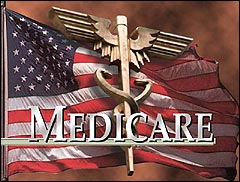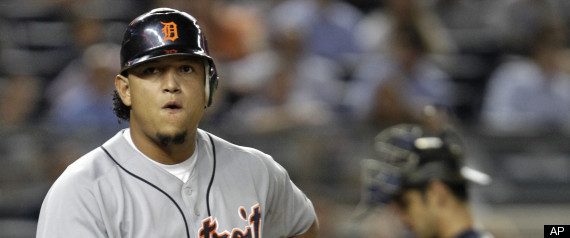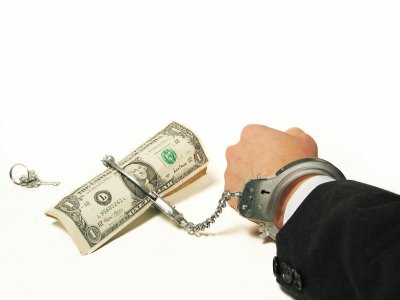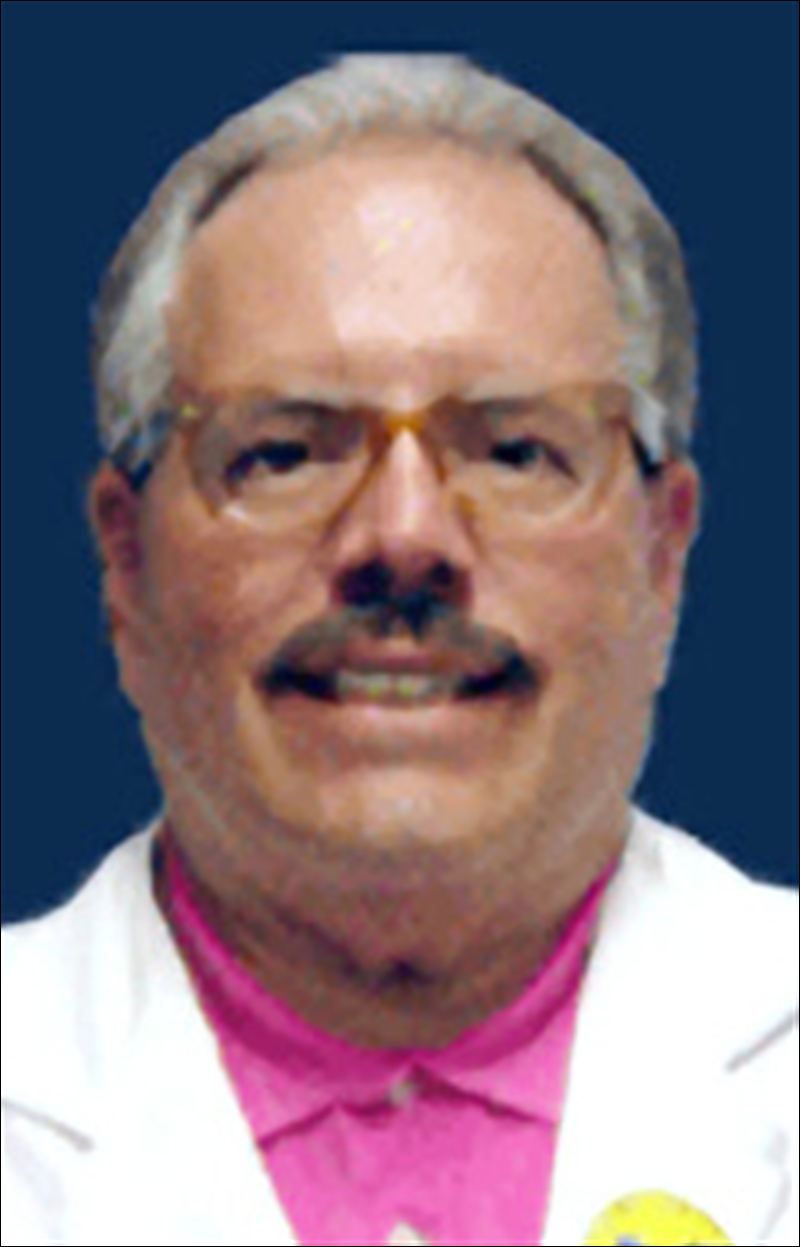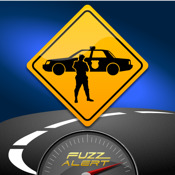It’s no secret that Lindsay Lohan’s 2007 Los Angeles DUI arrest has been one of the most publicized celebrity DUI situations in history – probably because the 24-year-old actress continues to encounter legal problems, some of which clearly appear to be self generated. 
Last week, a Los Angeles judge extended Lohan’s deadline to accept or reject a plea deal pursuant to felony grand theft charges. On March 25th, Lohan will decide whether to accept the plea or go in front of a different judge in late April to face a preliminary hearing about whether enough evidence exists to take her to trial for her theft of a $2,500 necklace from the Venice jewelry store, Kamofie & Company.
Since her 2007 arrest, hundreds of people have been arrested for driving under the influence in Los Angeles, DUI in Pasadena, Burbank DUI, Glendale DUI, and DUI throughout the Southland. But Lohan’s case has probably garnered more media ink (both printed and virtual) than most or even all of these other DUI events combined.
Why is that?
One reason might be the escalating nature of Lohan’s legal troubles. In 2010, for instance, Lohan allegedly attacked a worker at the Betty Ford Rehab Clinic, tested positive for drugs and endured a second prison stint for violating her 2007 Los Angeles DUI probation, allegedly lost her passport, and got ordered to wear an alcohol monitoring bracelet and attend additional alcohol education classes. Lohan also lost out on a high profile job – she was slated to star in a biopic of Linda Lovelace (an ex porn star) but got cut and replaced by Watchmen co-star Malin Akerman – possibly because the director did not want to attract negative media attention to the film.
Also, in April last year, police questioned Lohan regarding a theft of a $35,000 Rolex watch.
Lohan’s repeated criminal behavior is known technically as “recidivism.” Studies suggest that people who break the law once will be far more likely to do so again, and the legal system builds in escalating punitive possibilities for repeat offenders.
For instance, consider how Beverly Hill DUI penalties go up as you get convicted for multiple crimes. During a first misdemeanor conviction, you will get 48 hours in custody with a maximum of six months behind bars. You may have a minimum of six weeks in alcohol school, a one-year license suspension, a $1,000 fine, tough probation terms, and court costs to pay. These are obviously not consequences to easily dismiss.
But what should happen if you get a second misdemeanor conviction within 10-years? Suddenly, your mandatory jail time hops up to 10 days behind bars, you can have a minimum of a year and a half of alcohol school, a two-year drivers license suspension (instead of a one-year), much stricter probation terms, and hiked up court costs and fees.
Third and fourth time Beverly Hills DUI offenders can suffer even more consequences – including the bumping up of what would ordinarily be a misdemeanor to a felony charge.
A Los Angeles criminal defense attorney, such as Michael Kraut of Beverly Hills Kraut Law Group Criminal & DUI Lawyers, Inc. (9107 Wilshire Blvd., Suite 450, Beverly Hills, California 90210 Phone: (424) 457-0899), can work with you and your family to ensure that you understand your rights and responsibilities under the law.
Mr. Kraut – who has spent a decade and a half of his life as a prosecutor for Los Angeles, during which time he worked assiduously to put defendants behind bars – leverages his former connections from his days as a prosecutor as well as his Harvard Law School education to deliver exceptional results for his clients. His results really do speak for themselves – a 99% success rate at jury trials, great reviews from past clients, admiration from prosecutors and judges, and invitations from major media, like The New York Times, and KTLA Los Angeles, to comment on DUI news of the day.
Continue reading
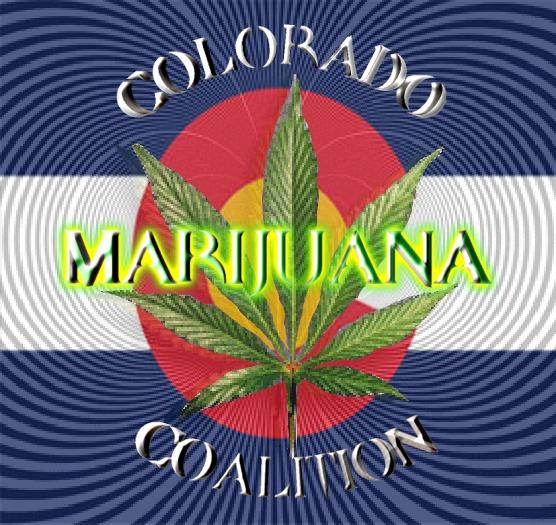
 Los Angeles Criminal Defense Attorney Blog
Los Angeles Criminal Defense Attorney Blog



